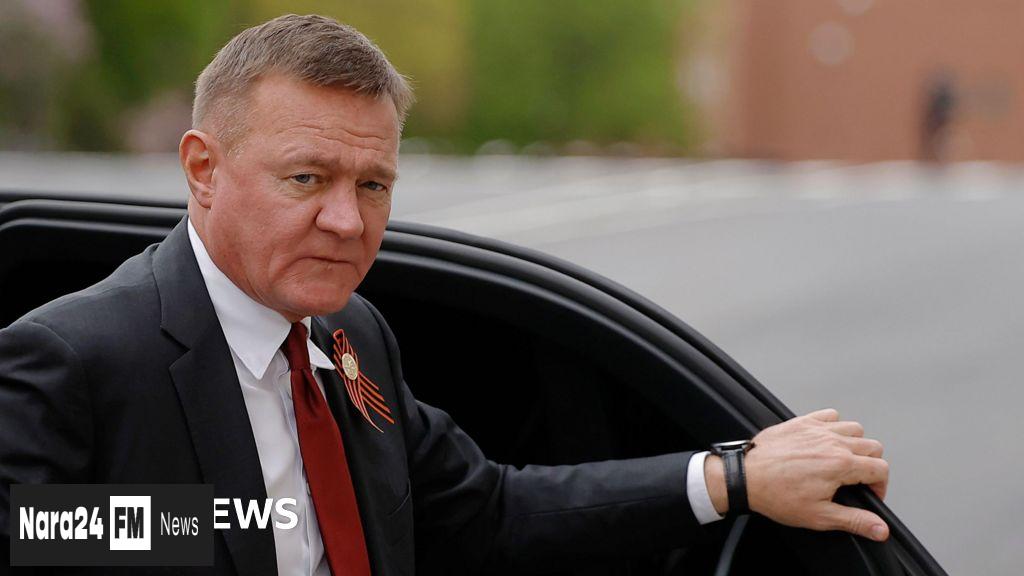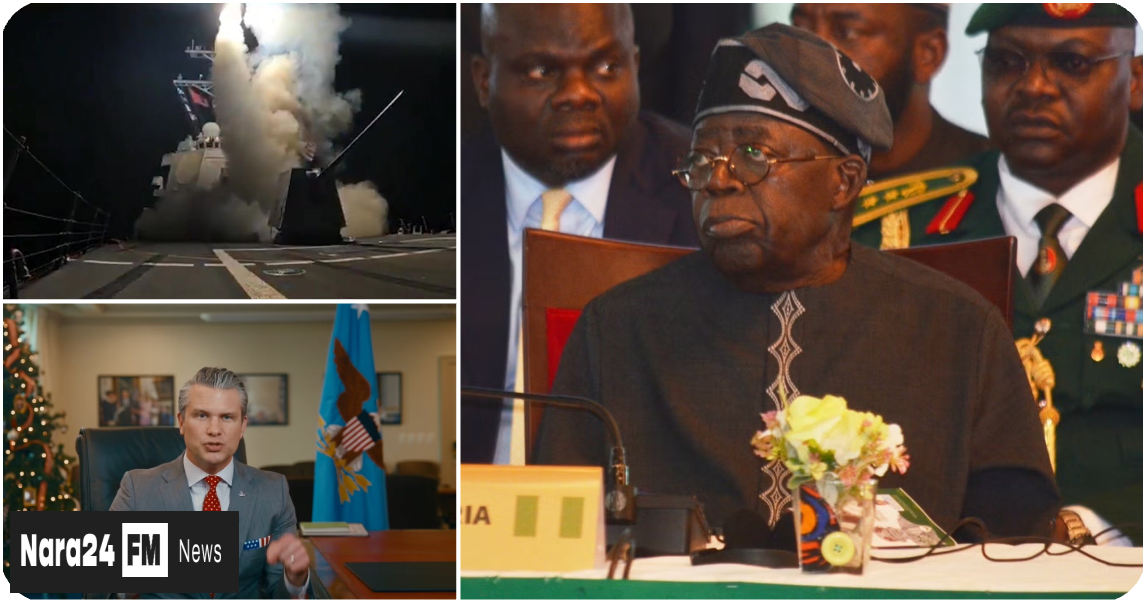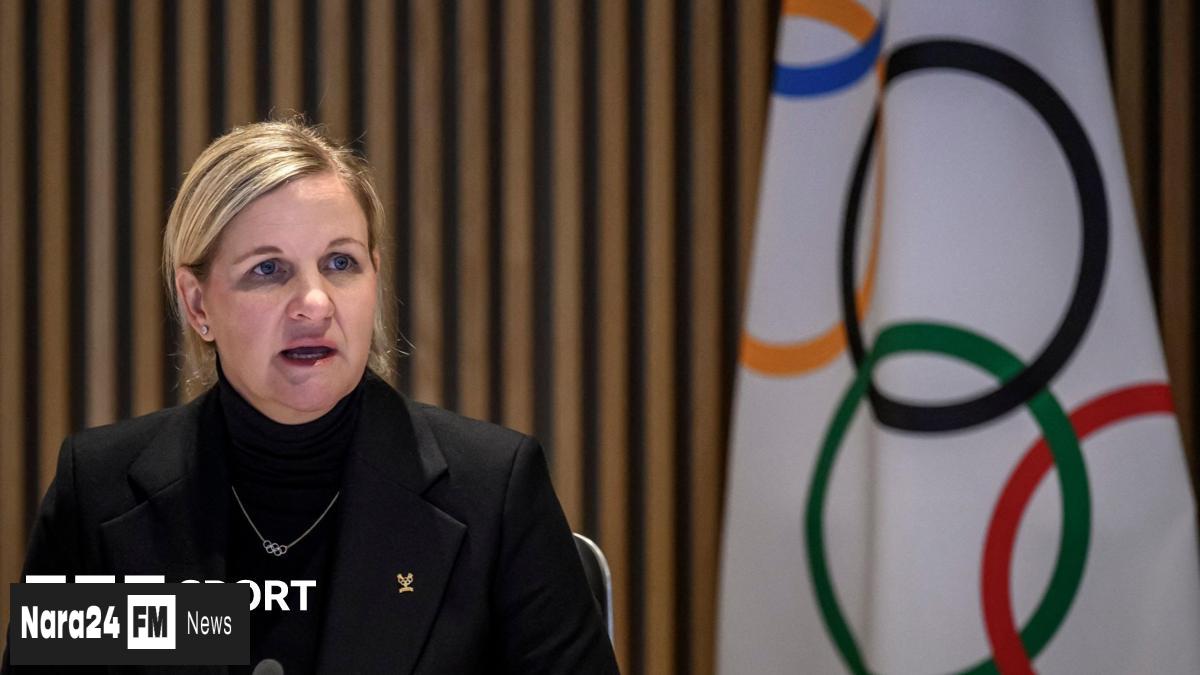Key Takeaways
- Russian Minister Roman Starovoit was found dead in a park with a gunshot wound to the head, marking a rare occurrence in Russian history.
- Starovoit's death is linked to events in the Kursk region, where he was the governor for over five years and where Ukrainian troops seized territory last year.
- Starovoit's successor and former deputy have been arrested and charged with large-scale fraud in relation to the construction of fortifications in the Kursk region.
- Starovoit's death may have been due to fear of prosecution, suggesting a culture of fear and no way out for high-level government officials in today's Russia.
- The Kremlin has been careful with the messaging about Starovoit's death on state TV, minimizing coverage to avoid shaping public opinion.
In a dramatic turn of events, Russian President Vladimir Putin dismissed Transport Minister Roman Starovoit on Monday, only to discover his lifeless body later in the day in a Moscow park with a gunshot wound to the head. Investigators presumed the former minister had taken his own life, marking a rare occurrence in Russian history.
Going back three decades, to before the fall of the Soviet Union, one must search for a government minister who had resorted to suicide. In August 1991, Soviet interior minister Boris Pugo, a coup leader, shot himself following the coup's failure.
The Kremlin has remained silent about Starovoit's death, with Vladimir Putin's spokesman, Dmitry Peskov, expressing shock but noting that the investigation will provide the answers. Speculation has run rampant in the Russian press, with some linking Starovoit's death to events in the Kursk region, which borders Ukraine. Before his appointment as transport minister in May 2024, Starovoit had been the Kursk regional governor for more than five years.
During his tenure, Starovoit launched the construction of defensive fortifications along the border, which were insufficient to prevent Ukrainian troops from seizing territory in the Kursk region last year. Since then, Starovoit's successor as governor, Alexei Smirnov, and his former deputy Alexei Dedov have been arrested and charged with large-scale fraud in relation to the construction of the fortifications.
The Russian authorities have not confirmed these links, but the business daily Kommersant suggested that Starovoit may well have become one of the chief defendants in this case. If it was fear of prosecution that drove a former minister to take his own life, what does that tell us about today's Russia?
"The most dramatic part of this, with all the re-Stalinisation that has been happening in Russia in recent years, is that a high-level government official [kills himself] because he has no other way of getting out of the system," says Nina Khrushcheva, professor of International Affairs at The New School in New York. "He must have feared that he would receive tens of years in prison if he was going to be under investigation, and that his family would suffer tremendously. So, there's no way out. I immediately thought of Sergo Ordzhonikidze, one of Stalin's ministers, who [killed himself] in 1937 because he felt there was no way out. When you start thinking of 1937 in today's environment that gives you great pause."
Roman Starovoit's death may have made headlines in the papers, but this "almost unique occurrence in Russian history" has received minimal coverage on state TV. The Kremlin, recognizing the power of television to shape public opinion, tends to be more careful and cautious with the messaging on TV.
Monday's main evening news bulletin on Russia-1 included a four-minute report about Putin appointing a new acting transport minister, Andrei Nikitin. There was no mention at all that the previous transport minister had been sacked or that he'd been found dead. Only forty minutes later, towards the end of the news bulletin, did the anchorman briefly mention the death of Roman Starovoit, dedicating all of 18 seconds to it. This means that most Russians will probably not view Monday's dramatic events as a significant development.
For the political elite, however, it's a different story. For ministers, governors, and other Russian officials who've sought to be a part of the political system, what happened to Starovoit will serve as a warning.
"Unlike before, when you could get these jobs, get rich, get promoted from regional level to federal level, today, that is clearly not a career path if you want to stay alive," says Nina Khrushcheva. "There's not only no upward mobility to start with, but even downward mobility ends with death."
It's a reminder of the dangers that emanate from falling foul of the system.








Comments (0)
Leave a Comment
Be the first to comment on this article!